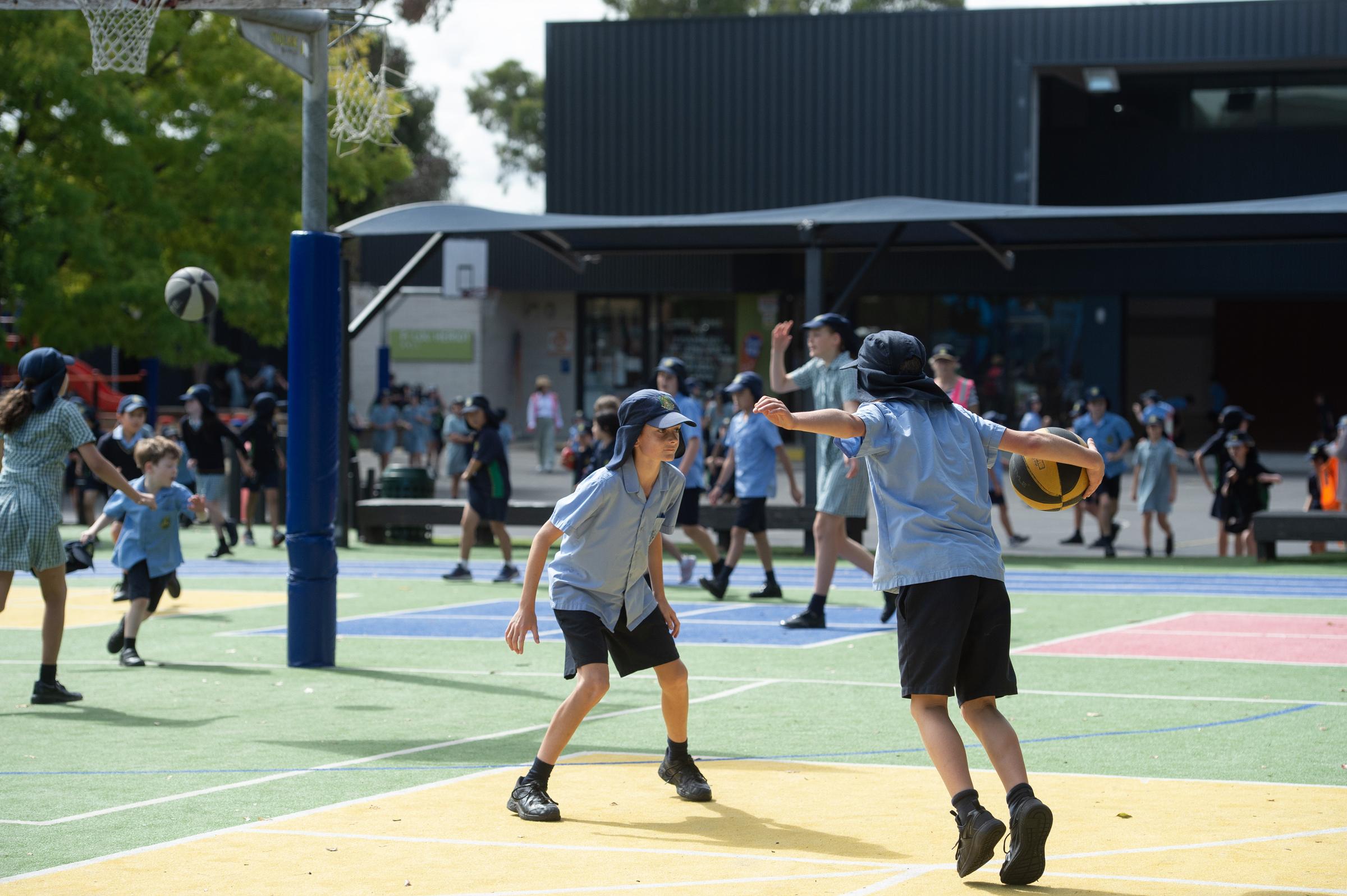Deputy Principal's Report

Friendships: Respectfully saying "No"
Like many of us, we were brought up to include everyone and had to let everyone join in activities, even if we didn’t want to. Saying "no" was unkind. But was it really better to let someone join and feel unhappy about it, or to avoid them the next day?
Our society often makes saying "no" difficult. We’re taught that rejection is bad, leading us to ignore our own comfort. According to parenting expert, Michael Grose, this mindset can cause problems later in life. Michael Grose suggests that rejection can be good if we show children how to handle it. Psychologist Guy Winch advises parents to talk to their kids about rejection and focus on the friends who do accept them.
Now, this puts a new light onto the playground situation. While it is OK to not get along with everyone, we still stand by an inclusive approach at St Finbar’s.
Is there a way to have both?
We strongly believe that children should not be forced to play together, but excluding children from a team game because you have your own differences or opinions is not what we are on about.
If someone ever makes us feel uncomfortable or unsafe then we would suggest avoiding playing with that person. It makes it tricky then if that person is wanting to play with the group we are playing with.
What is the right course of action in this situation?
Without running the risk of themselves being isolated, there needs to be another solution, and quite often this may require some support from an adult. Each situation is unique, presenting us with its own challenges, roadblocks but also possibilities.
At St Finbar’s we use role play as a tool to help teach social skills and navigate tricky situations. Encouraging kids to see rejection positively helps them reflect on their behaviour and build resilience. Encouraging kids to see things from other people’s perspectives helps them build empathy and find other ways to approach a problem.
Encouraging our children to say "no" respectfully and handle rejection, we help them grow into confident and empathetic individuals.
If your child is struggling with friendships in any way and you are at a loss with how to support them, please reach out. We are here to help our students feel safe, happy and included in all aspects of their school life.
Thanks for all your support,
Peggy McDonald & Steele Anderson
Deputy Principals
